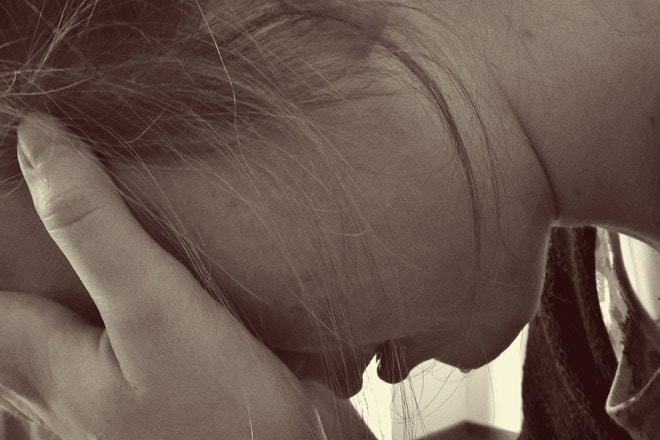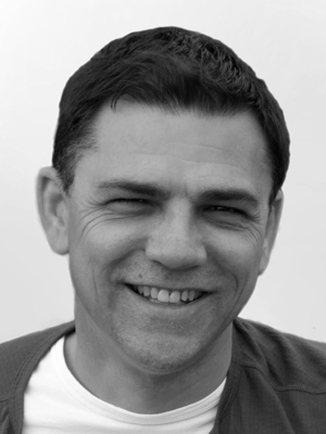Perhaps the most important thing in order to get over traumatic bullying experiences is to stop blaming yourself.
Calli Tzani Pepelasi in the conversation
Stopping blaming yourself for the bullying is easier said than done. One of the reasons for that is because of Calli's observation about the difference between how the aggression created by bullying affects the bully and their victim. The main difference between bullies and victims is that bullies exhibit higher levels of proactive aggression (behaviour that anticipates a reward), whereas victims exhibit higher levels of reactive aggression (anger in response to a threat).
While psychology is a useful way of looking at human behaviour, personally I find the explanations too remote, too clinical, and oddly lacking depth. I like my explanations to have more human drama, and be closer to the way I experience and understand the world.
I like to take ideas like these, and take a deeper look. I particularly like to think about and challenge conventional ways of thinking. So starting with the bully... Bullying & envy
Bullying is often described as being about dominance, power, control, or more simply as making yourself feel better by making someone else feel worse. To suggest that bullying might also be about envy seems somewhat at odds with these ideas.
This story is an early childhood experience of an episode of bullying, and very clearly features envy. In my first year at infants school, my Mum would usually give me a treat to take with me. This particular day it was a chocolate bar, which was rather precious.
From a psychologist perspective the story would be a fairly simple one about acquiring a desired item - a piece of food, however envy complicates this story.
The feeling of envy happens when we compare ourselves to others. The feeling draws our attention to something the other has which we lack, and the closer this lack is to a central need, the stronger this feeling is. We have two basic responses to envy. When the desired object feels out of reach we will usually try to resolve the feeling by deleting it. We may decide we didn't want it in the first place, or we may try to spoil it in some way. Conversely, if it feels in reach, we may decide to strive towards it. My chocolate bar was about much more than food. It also symbolised care, that my Mum cared about me, and wanted me to have something nice whilst I was in this big scary place full of people I didn't know. My bully on the other hand lived in a very different household. In his house the most likely thing he would get from his parents was something known at the time as a "thick ear." However, if my bully had managed to get the chocolate bar, the very process of envy which made him desire it, would also have meant he could not derive satisfaction from eating it. Eating it would only have served as a reminder of what he lacked. He would have been compelled to either decide he didn't want it after all, or to spoil it in some way. He might have decided to taunt me by eating it in front of me, but the satisfaction would have come from trying to spoil my relationship with the chocolate bar, not the pleasure of eating it. Bullying as being something taken away by the bully, is a common description. And like the chocolate bar it is usually something internal, such as confidence or feeling good about yourself which is being taken. However, bullying comes from vulnerability, a feeling of lack and an attempt to replace this lack by stealing it from others. Except that just like my bully they can't actually take it from you, because if they try they can't enjoy what they have taken. So really what a bully is telling you by trying to bully you, is that you have something they want, something worth stealing from you, even if the thing they are seeing in you is your potential. The potential that you could become more confident, more powerful than them. Bullying & blame
Now I want to look more closely at this idea about victims of bullying needing to stop blaming themselves.
This sounds like sensible advice. Blaming yourself can be tantamount to bullying yourself, and blame is an unpleasant and uncomfortable feeling. However it is also much easier said than done. In reality it's actually hard to do. And one of the reasons for this is that self-blame in a strange kind of way is trying to help you. It's also a way of trying to cope with the situation. So if you are being bullied because of your weight, or because you are shy, or you stand out in some way, you might find you are blaming yourself for it. And what blame is saying to you, "If only I wasn't like this, then I wouldn't be being bullied" Your response to blame might be to try to lose weight, make yourself invisible, or try to avoid saying or doing anything that might attract the attention of the bully. What blame does is to give you a sense of having some power to prevent the bullying. Without a feeling of control and some sense of agency over the situation, what we are left with instead is a feeling of powerlessness and hopelessness, which can be very harmful. These kinds of feelings are traumatising. So self-blame is not something anyone can easily give up, unless they have something to replace it with. And this is one area where counselling can help. Your story might need to be re-framed, as a survivor rather than being a victim. That was then, this is now. You have more power, and a better understanding of what you can achieve, so you no longer need your old ways of coping. Just being able to share you are being bullied with someone you trust can also help. Knowing you are not alone can help you feel less powerless. And while the focus is often very much on bullying in a school environment, it can also be endemic in the workplace too. And if you are reading this and you are being bullied or you know someone who is, I would like to end with some links to online resources. Childline's bullying resources Workplace Bullying from gov.uk Bullying at work from nhs.uk Bullying & harassment from tuc.org
Main Image by Counselling via pixabay.com
Are you looking for help?
I am an experienced therapist, working in the Southampton area of England. I see people from all walks of life, helping with all sorts of problems.
Related articles...
0 Comments
Leave a Reply. |
Categories
All
Archives
January 2021
|
BioI'm Mark, a Humanistic Counsellor. |
Home - Testimonials - Articles - Links - Contact - Book Appointment - Counselling Students - Privacy Policy - Terms
Mark Redwood, BA (Hons) Counselling, MBACP
© Mark Redwood 2015, 2016.2017 | Main portrait by Doug Freegard © 2015


 RSS Feed
RSS Feed